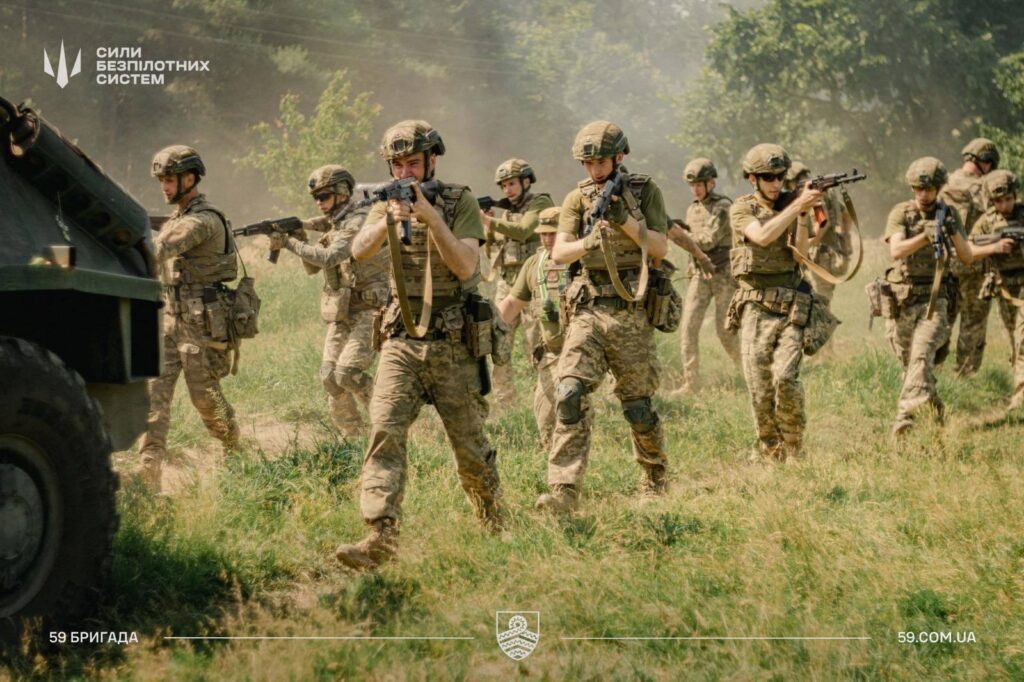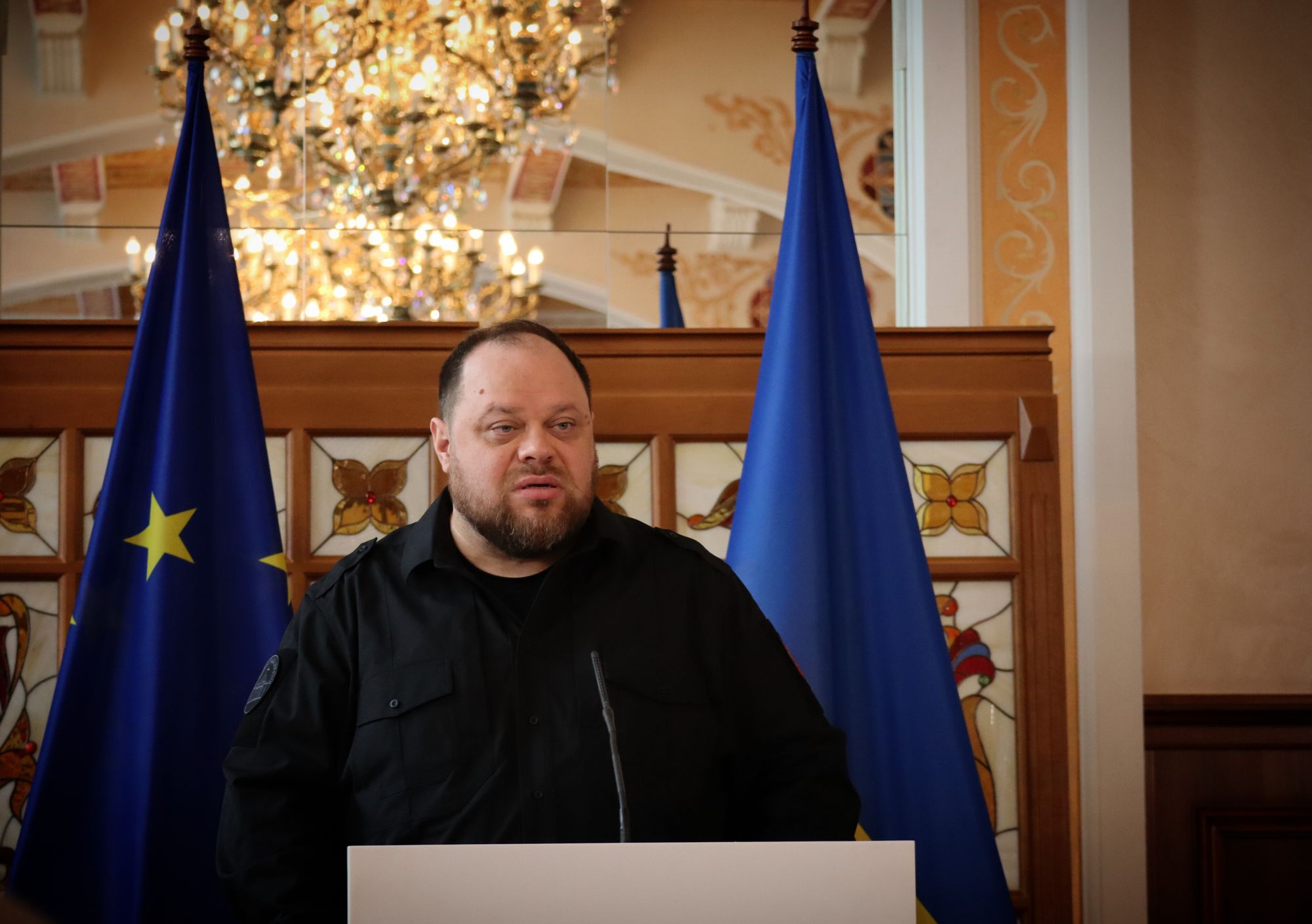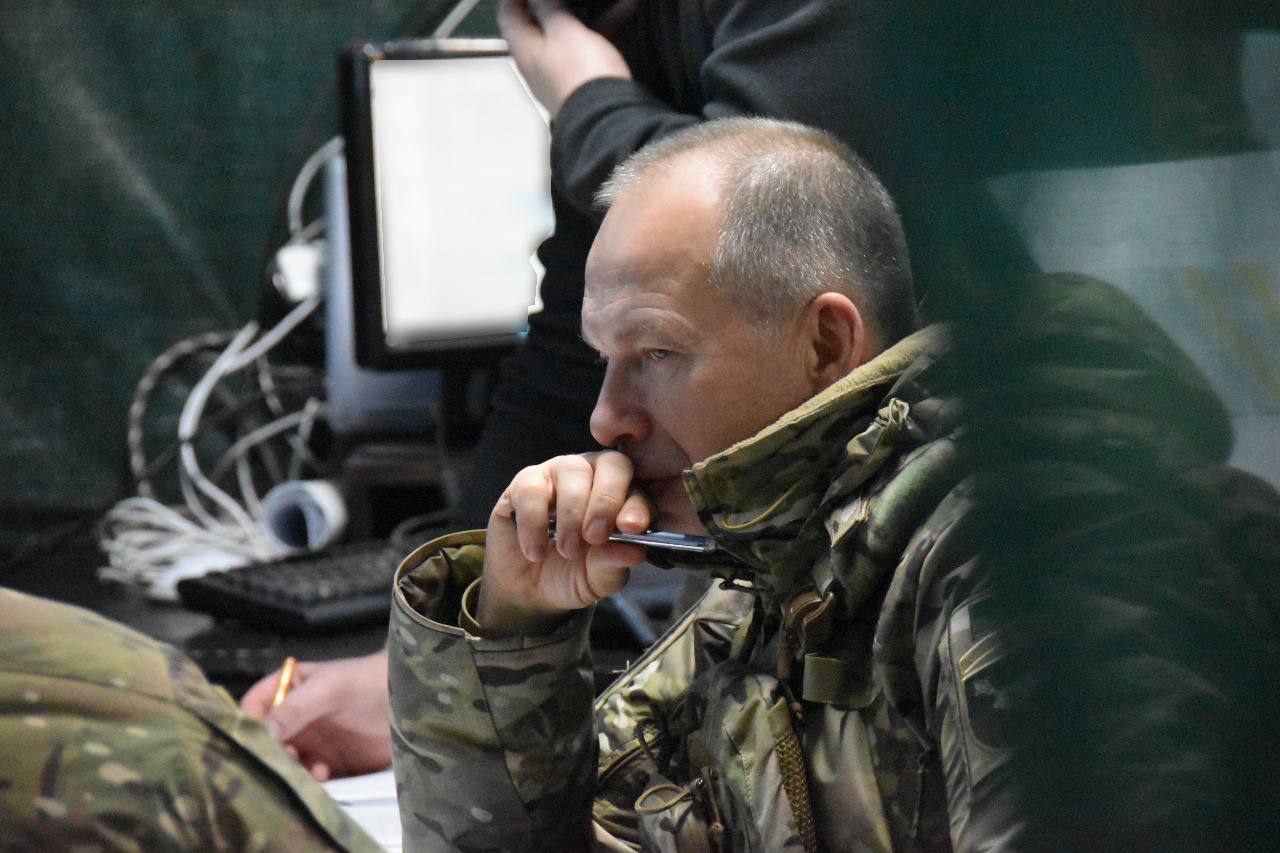Juan Ponce Enrile, a Political Power in the Philippines, Dies at 101

© ABS-CBN Publishing Inc


© ABS-CBN Publishing Inc


© Pool photo by Jung Yeon-Je


His name was Volodymyr Sviatnenko, 43, known as Znakhar. He was an unmanned aerial vehicle pilot serving in the 35th Separate Marine Brigade. A Russian ballistic missile killed him in Dnipropetrovsk Oblast on 1 November, when he, together with other military personnel, gathered for a ceremonial formation to receive awards. Now, the families of the Ukrainian defenders want to know why that happened.
His brother, journalist Dmytro Sviatnenko, said on social media that Volodymyr had been fighting for the Ukrainian Army since 2023.
“He endured hell in Krynky, Kurakhove, Marianka, Krasnohorivka… He was killed by Russians. But not on the battlefield. Deep in the rear,” he wrote in his post.
Dmytro added that his brother and comrades gathered on the parade ground to receive their military awards.
"The best were gathered. The best pilots and infantry soldiers of the brigade. By order. In the open. A ballistic missile hit. A story of negligence (or possible negligence) repeated itself," he said.
According to the journalist, Volodymyr was highly valued in the brigade, and the press service even produced a story about him. He was held up as an example to others.
“He carried the wounded, saved comrades – his call sign ‘Znakhar’ was well-earned. From an anti-tank sailor, he became a UAV pilot. He was the first to fly using optics. He taught and motivated his comrades," Sviatnenko said.
The journalist also added that his brother had been allowed to travel abroad on leave, from where he returned to service.
After the attack, the State Bureau of Investigation reported it had launched a pre-trial investigation into the deaths and injuries of Ukrainian soldiers.
Preliminary findings indicate that around 5:00 p.m. on 1 November, Russian forces carried out a missile strike on a Ukrainian military base, resulting in casualties.
An investigative and operational team immediately arrived at the scene to establish all the circumstances.
Among other things, investigators are checking whether safety requirements for personnel were followed during the air alert and whether proper shelters were organized for the military.
The pre-trial investigation is being conducted under Part 4 of Article 425 of the Criminal Code of Ukraine, specifically regarding negligent treatment of military service committed under martial law conditions.
On 1 November, Russians also struck the village of Novotroitske in the Samarskyi District of Dnipropetrovsk Oblast with a ballistic missile and a drone. Among the dead and injured were two children.
The occupiers also attacked the cities of Nikopol, Pokrovska, Marhanets, and Chervonohryhorivka communities in Dnipropetrovsk Oblast using FPV drones and artillery fire.
Ukraine's Eastern Military Group reported that the missile and drone strike resulted in deaths and injuries among Ukrainian Armed Forces personnel.
An inspection was initiated regarding the timeliness of missile warnings, restrictions on personnel placement, holding meetings and assemblies in open areas, and the use of locations not intended for such purposes.


Chairman of the Verkhovna Rada Ruslan Stefanchuk said on June 28 that Ukraine's parliament is preparing a draft bill to hold elections following the end of the martial law period enacted as a result of the war.
"We are working on this draft law, because for the next elections, a new special draft law is needed that will regulate the so-called post-war elections," Stefanchuk said on Ukraine's marathon TV broadcast.
"We are preparing various basic scenarios so that people can exercise their fundamental constitutional right to vote. And this must take place in Ukraine. And I believe we will be able to find the right legislative compromise," he added.
The reason for separate legislation on a post-war election, Stefanchuk previously said, was due to the fact that Ukraine's Constitution does not not provide clarity on the details of holding elections following the end of a martial law period.
No details on the bill or timeline for implementation were provided.
Russia's full-scale invasion and the subsequent declaration of martial law in Ukraine meant elections have been impossible to hold, and President Volodymyr Zelensky's term has been extended, something constitutional lawyers say is allowed under Ukrainian law.
Despite criticism, Ukraine's parliament, the Verkhovna Rada, passed a resolution on Feb. 25 to hold elections after "a comprehensive, just, and sustainable peace is secured" in the country.
While polling shows a vast majority of Ukrainian citizens do not support holding elections before a full peace deal, the lack of elections has stirred some controversy with Ukraine's allies.
At the start of his second term in office, U.S. President Donald Trump urged Ukraine to hold elections — something that Ukraine has thus far refused to do citing the difficulties of holding elections amid active warfare, as well as security implications.
Zelensky has previously said he is willing to step down in exchange for a peace agreement.
Russian propaganda has widely used the issue of elections in Ukraine to discredit the Ukrainian leadership. Mocow has repeatedly claimed that Zelensky is no longer a legitimate president, as his first term was originally meant to end on May 20, 2024.
 The Kyiv IndependentAbbey Fenbert
The Kyiv IndependentAbbey Fenbert